Support the use of Medication in Social Care

Individuals should, where possible, be supported to use their medication independently. Where this is not possible due to capacity or ability, the responsibility for the safe and person centered management of medicines lies with the care provider.
Anyone providing support to people with their medication should be sufficiently trained and assessed as competent to do so. This online course provides the knowledge for staff to support the use of medication in social care settings.
This course has been created to specifically meet the outcomes in the qualification frameworks and is relevant to people needing to provide evidence against qualification criteria.
Who should take this online course?
This training course has been designed specifically for people working with children and young people and provides focus on residential settings. It may also be useful to a wider audience of people who would like to know more about medication when working with children and young people. The training course provides content to meet qualification units relating to residential childcare.
We offer our courses for your LMS as SCORM files. Depending on the scope of what you need there may be a charge for this. Please connect to discuss it with us.
Online Course Content
- 1.1Identify legislation that governs the use of medication in social care settings
- 1.2 Outline the legal classification system for medication
- 1.3 How and why agreed ways of working must reflect legislative requirements
- 2.1 Identify common types of medication and their use
- 2.2 List conditions for which each type of medication may be prescribed
- 2.3 Changes to physical or mental well-being that may indicate an adverse reaction
- 3.1 Roles and responsibilities of those involved in prescribing, dispensing and supporting usage
- 3.2 Explain where responsibilities lie in relation to use of "over the counter" remedies
- 4.1 Describe the routes by which medication can be administered
- 4.2 Describe different forms in which medication may be presented
- 4.3 Describe materials and equipment that can assist in administering medication
- 5.1 Demonstrate how to receive supplies of medication in line with agreed ways of working
- 5.2 Demonstrate how to store medication safely
- 5.3 Demonstrate how to dispose of unused or unwanted medication safely
- 6.1 Explain the importance of specific principles in the use of medication
- 6.2 How risk assessment is used to promote independence in managing medication
- 6.3 Describe how ethical issues that may arise over the use of medication can be addressed
- 7.1 Demonstrate how to access information about an individual’s medication
- 7.2 Supporting an individual to in ways that promote hygiene, safety, dignity & active participation
- 7.3 Demonstrate strategies to ensure that medication is used or administered correctly
- 7.4 Demonstrate how to address any practical difficulties that may arise when medication is used
- 7.5 Demonstrate how and when to access further information or support about the use of medication
- 8.1 Demonstrate how to record use of medication and any changes in an individual associated with it
- 8.2 Demonstrate how to report on use of medication and problems encountered
Aims of the course
By the end of the training course, you will:
- Understand the legislative framework for the use of medication in social care settings
- Know about common types of medication and their use
- Understand roles and responsibilities in the use of medication in social care settings
- Understand techniques for administering medication
- Be able to receive, store and dispose of medication supplies safely
- Know how to promote the rights of the individual when managing medication
- Be able to support use of medication
- Be able to record and report on use of medication
Course Screenshots
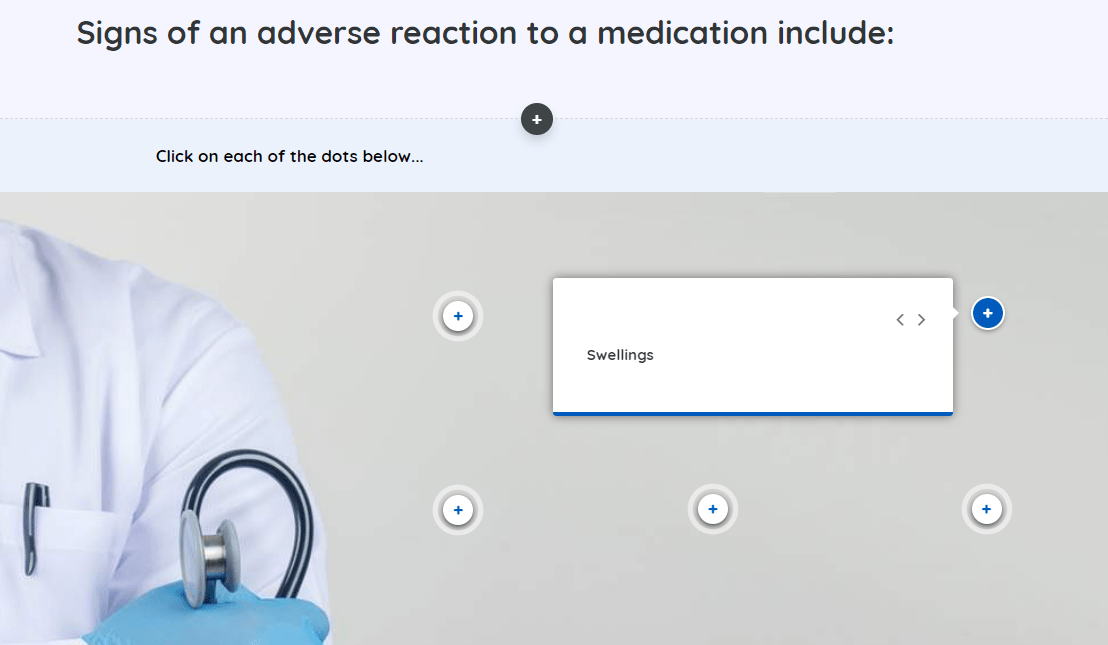
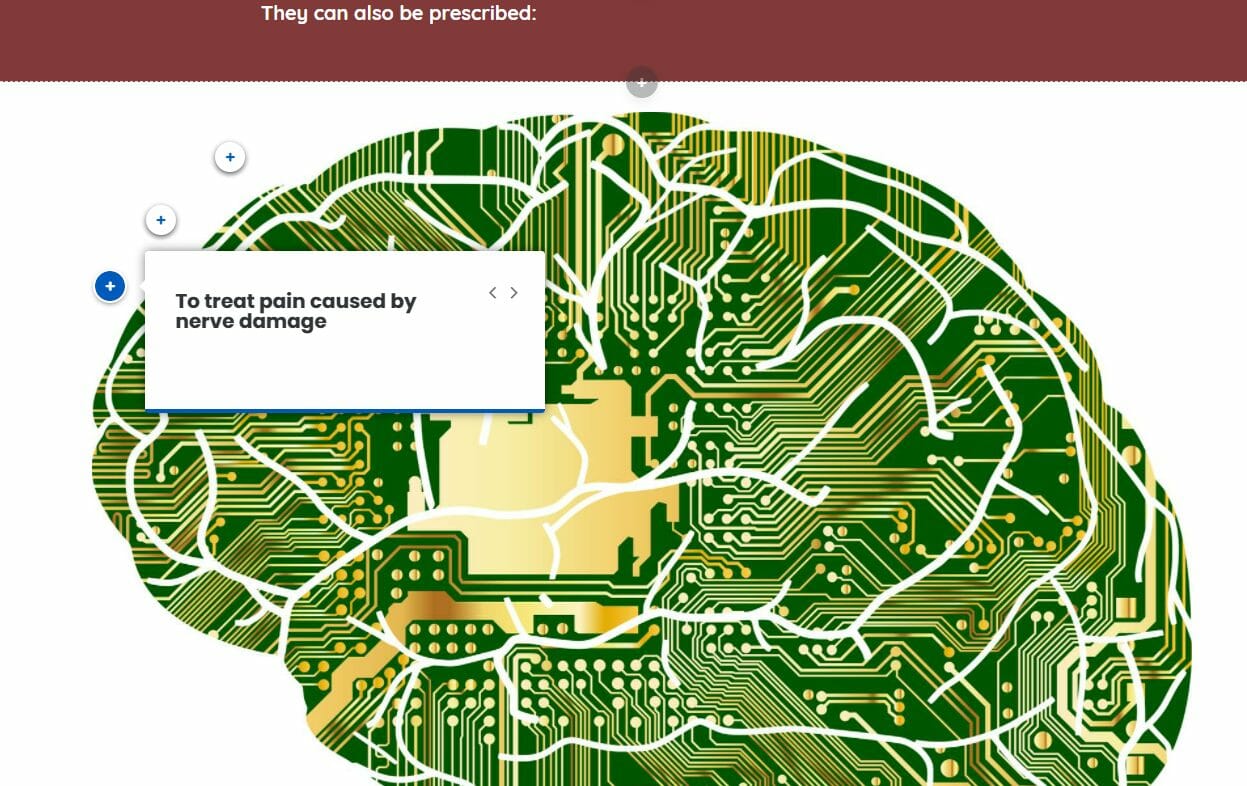
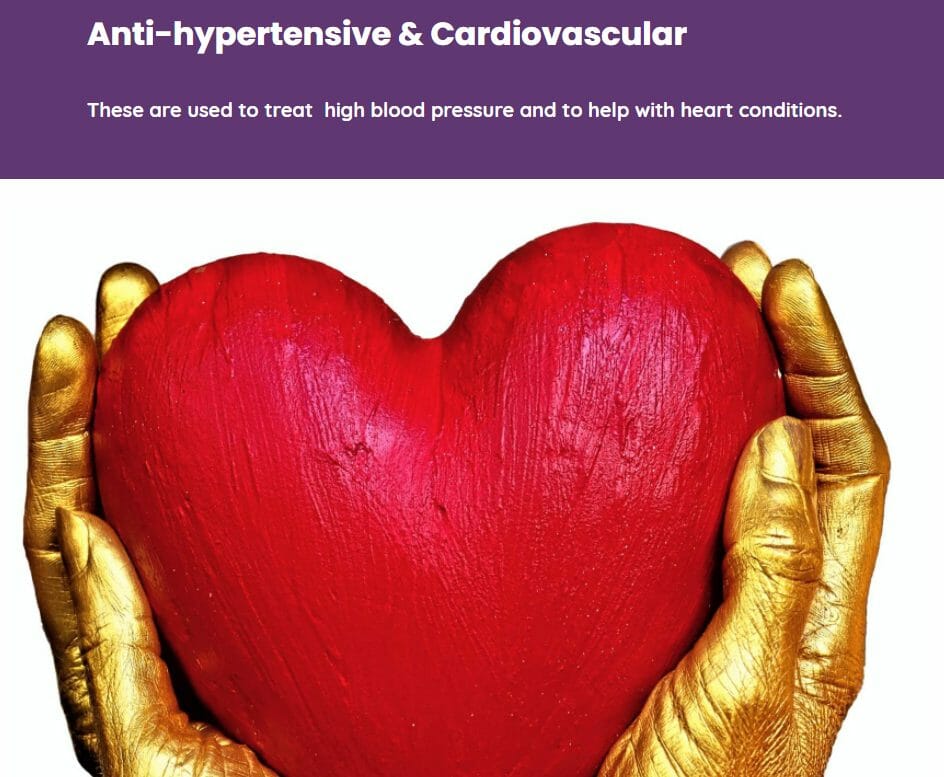
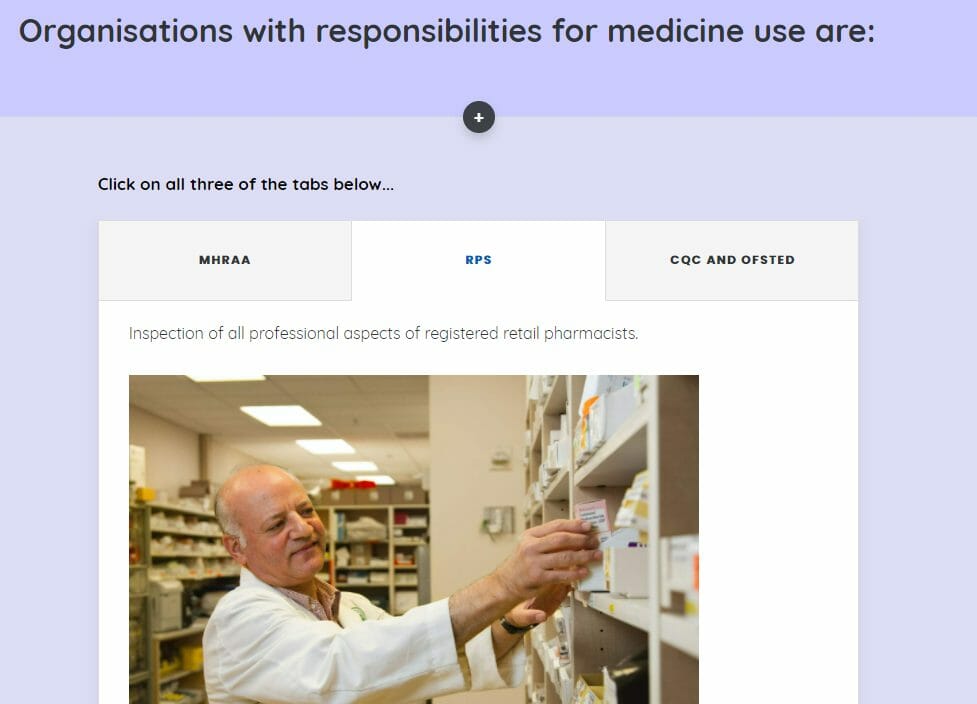
Social Care Unlimited Course and Certificate Package
Price options are per user per month, inclusive
- Most FlexibleMonthly Plan 6 excluding VATUnlimited Access to ALL coursesNo set-up fees or hidden chargesTraining MatrixPrice per person, per month1 month notice period
- Better than Half PriceAnnual Plan 3 p/month (exc. VAT)Unlimited Access to ALL coursesNo set-up fees or hidden chargesTraining MatrixPrice per person, per yearBilled Annually
- For organisationsMultiple Plan POA For multiple staff, contact us for a demo, bespoke pricing and a dedicated account managerUnlimited Access to ALL coursesNo set-up fees or hidden chargesTraining MatrixPOANotice Period: By arrangement
Recycle Licences
Our plans allow organisations to recycle licences instead of always purchasing more credits - no hidden charges for changes in staff! If you would like to purchase more than 50 licences, book a demo and know more please contact us.
If you sign in to your account on Click before you take this training course, you will be able to change the accessibility settings to suit your needs. This includes translation into 100+ languages, some of which can also be read out loud to you.
Duty of Candour
FREE Duty of Candour Online Training Course In March 2021, the Care Quality Commission (CQC), who regulate social care in England, published…
Supervision Skills for Managers
FREE Supervision Skills for Managers Online Training Course Supervision is linked to fundamental standards, which in turn, are linked to the Care…
Stress and Resilience Course
Who should take this course? This course has been designed specifically for Care and Support Workers working in a social care setting….
Why use Grey Matter Learning?
- Our methodology values previous learning, saving time
- Clever accessibility settings including 100+ languages
- 100+ high quality courses, specially written for care
- Join thousands of services and local authorities
- Proven to reduce staff turnover and improve CQC ratings
- Established 15 years - we know what works
- Skills for Care Centre of Excellence, CPD certification
- No hidden charges, we recycle your licences

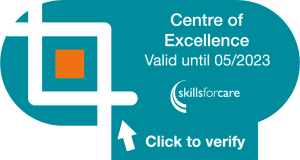
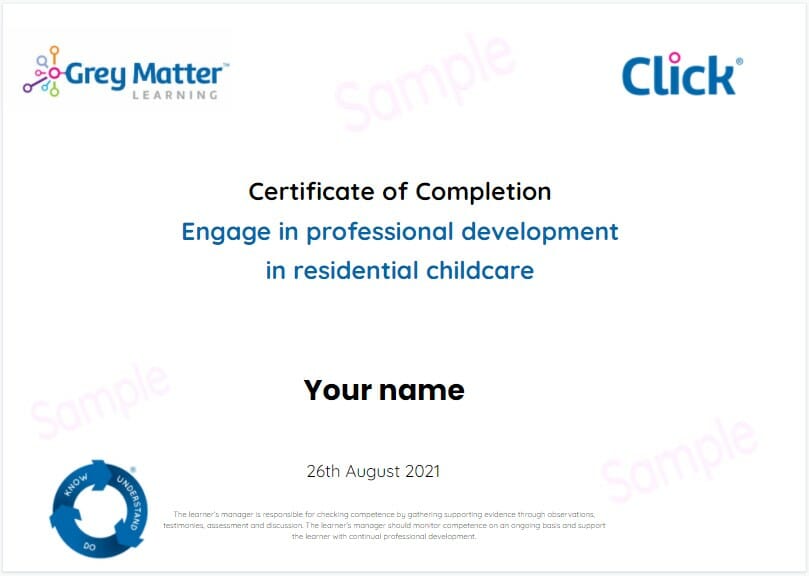
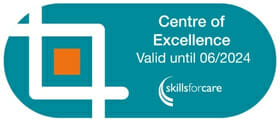




Social Care Hubs